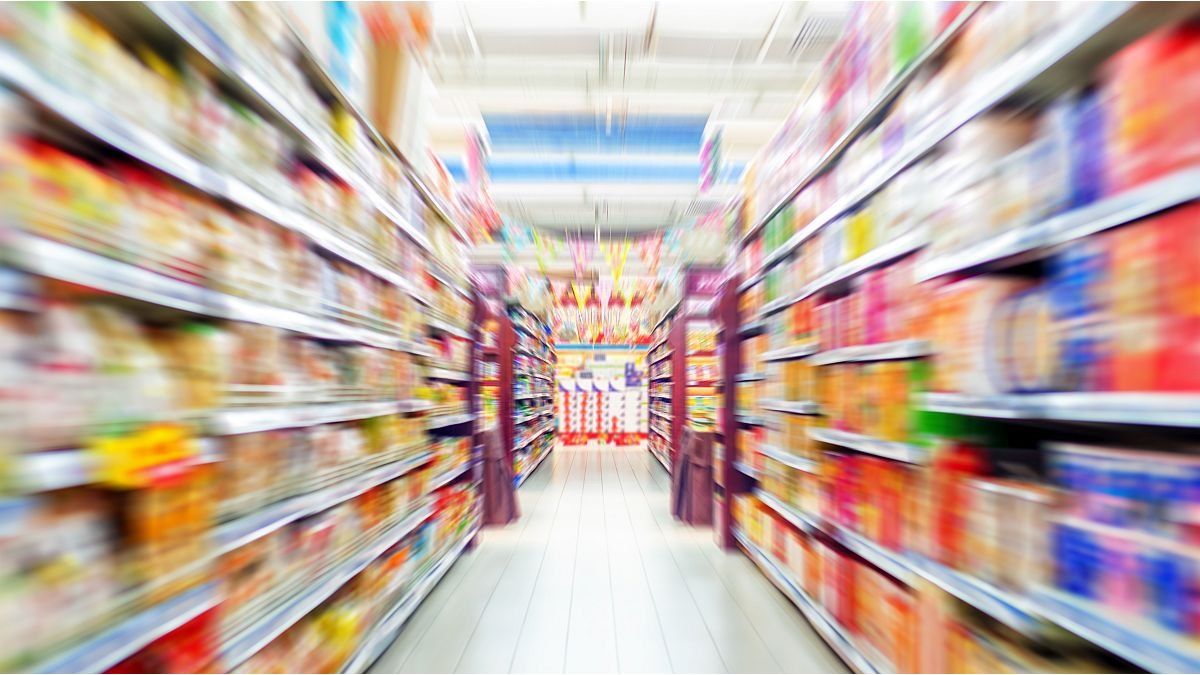The president announced the sending of a decree with more than 300 reforms. Some of them will take away resources from the State to intervene in the regulation of commerce and prices.
The series of deregulations and eliminations included in the DNU announced by president Javier Milei also would have an impact on prices. The president announced the repeal of the Gondola Law and Supply Law, together with the reform of the Customs Code. What could be its impact on prices of essential goods and stock?
The content you want to access is exclusive to subscribers.
After setting a favorable exchange rate for the export sector, the head of the Bioeconomy Secretariat, Fernando Vilella, confirmed this week that it will dismantle “the entire package of regulations” specific to the agricultural and livestock sector. Now Milei reconfirmed it: “It is prohibited to prohibit exports”where it includes the elimination of trusts that regulate the price of wheat and corn, and the suppression of the seven beef export cuts, along with other registrations, controls and quotas.


As explained by the chief economist of the FADA FoundationDavid Miazzo, there are no formal equilibrium volumes of meat, as there were in the second half of 2021. “Only informal quotas per refrigeration plant that the previous government had been applying. Each plant had its own but it was not written anywhere,” the specialist clarifies. But By being formally eliminated, “the amount of exported volumes can increase”. In addition, the impediment to exporting cuts for popular consumption is also left out.
How it will affect counter prices
In that sense, the question arises about How will it affect counter prices?. The specialist Guillermo Siaria makes an observation: international reference prices with those of the local market are already aligned at around US$1.6 per live cow. To calculate what the price of meat would be in Argentina, you have to multiply that number by four and add 21% VAT. The result gives a figure of around $8,000. However, Siaria warns that he finds a kilo of meat for $15,000 in large hypermarkets. “There are economic agents that cannot be left to chance, they are the first ones you have to call. There is someone who is making a difference in the domestic market,” he highlights. In turn, this price may continue to rise as it seeks to adapt to possible increases from abroad. “We are going to a model within the international division of labor as suppliers of raw materials. From what promises to be a spontaneous accommodation project, economic concentration will emerge,” analyzes Siaria.
On the other hand, within the Government they also confirm the elimination of the Gondola Law and Supply Law. The first aims to access more regional or artisanal products and find a balance between economic operators to avoid commercial practices that harm competition. Although he recognizes that at the Nation level it has not been applied correctly, former Secretary of Internal Trade Roberto Feletti highlights that it is a key regulatory aspect that has shown success in provinces such as Chaco, Formosa or the humid pampas area. “The Law seeks to supply the market through a productive policy,” he says. As the logic of the legislation is based on price competition due to greater supply, he considers that eliminating it “will benefit large monopolies” since a free market “tends toward concentration.”
Similar spirit sustains the Supply Law. The new Secretary of Commerce, Pablo Lavigne, confirmed its repeal in the last event chaired by the Argentine Industrial Union. Now Milei ratified it. Regulation since 1974 allows sanctions to be imposed in the face of a situation of shortage or shortage of essential goods or services, setting maximum, minimum, reference prices and profit margins. It also determines that the State can sanction companies that artificially or unjustifiably increase prices, or those that hoard merchandise or raw materials, among other things. “Take out the law is to take tools from the State to intervene on market asymmetries“, warns Claudio Boada, head of the Union of Users and Consumers. In any case, he recognizes that, in the face of speculative increases at different times by all governments, “there was never practical application” of the legislation.
Source: Ambito




